Somme Valley
After photographing the Fromelles WW1 cemetery for a job last June, I had an all too brief visit to the Somme Valley region. This was quite rushed, and I was keen to revisit the area to spend more time at significant sites. The opportunity arose a couple of weeks ago, after a trip to Monet’s garden at Giverny. There’s not a great deal I can add to the history, but here is a gallery of some of the photographs I took.
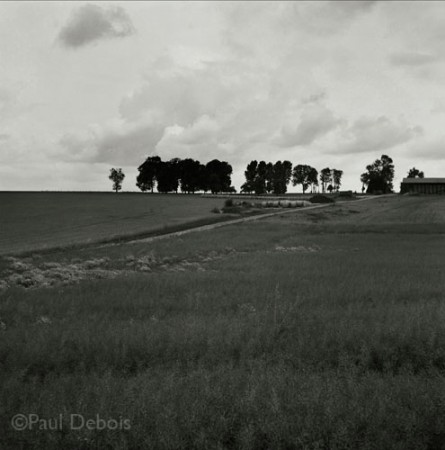
A fairly small memorial commemorates the fighting that took place here at Mouquet Farm, where in all, around 7000 Australians were killed trying to advance up the hill towards the trees in the centre of the frame. This was originally where the farm stood before being virtually wiped of the map.
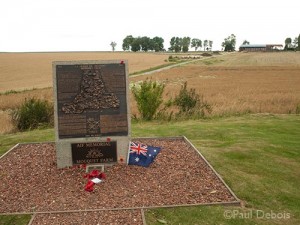
Turning your back on the memorial gives a view of the position the allies advanced from.
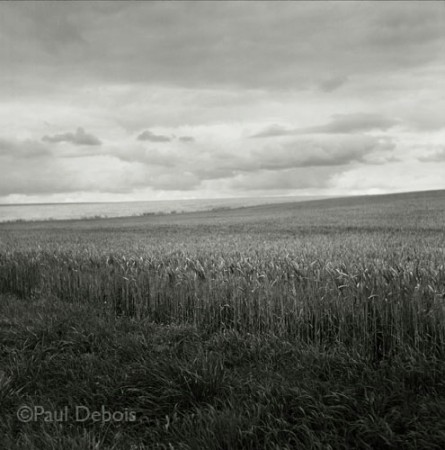
Delville Wood, or Devil Wood as it became known, was the scene of more fierce fighting, this time with South African troops. There is a graveyard at the site, but far more men lay undiscovered in the wooded area, which was completely replanted as a memorial after the war.
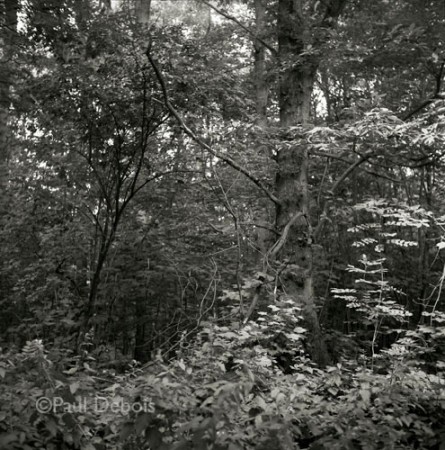
The Last Tree is apparently the only surviving tree from the war – a Hawthorn, with visible shrapnel.
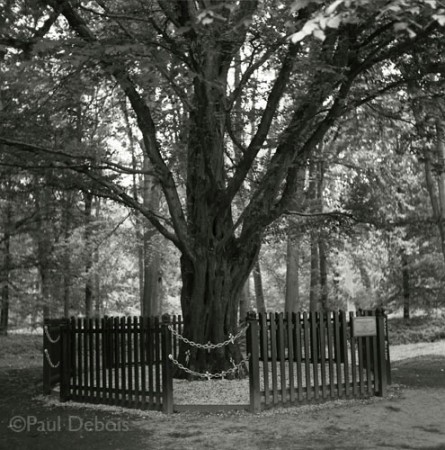
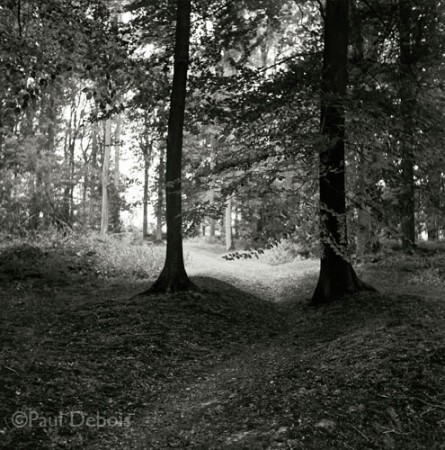
The Canadian Army also fought in the Somme. There is a large monument at Beaumont-Hamel called Newfoundland Memorial Park, with preserved trenches, and a petrified tree, known as the danger tree. Reputedly it was the only landmark left for soldiers to use as a guide back to their own lines. Any soldier near this tree was in the range of German machine gunners.
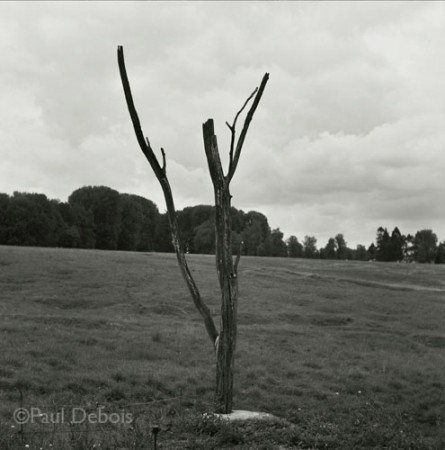
Near the town of Albert, there is a huge crater, known as the Lochnavar Crater. British troops dug a tunnel under the German lines and set off a huge mine, consisting of 27,000kg of high explosive. Apparently this was the loudest man made sound in history.
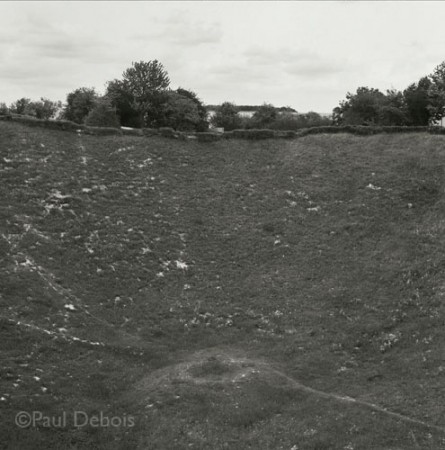
I have seen few German WW1 cemeteries, but I stumbled upon one at Bray Sur Somme. It was sad to see Jewish and Christian burials side-by-side, something inconceivable 20 years later.
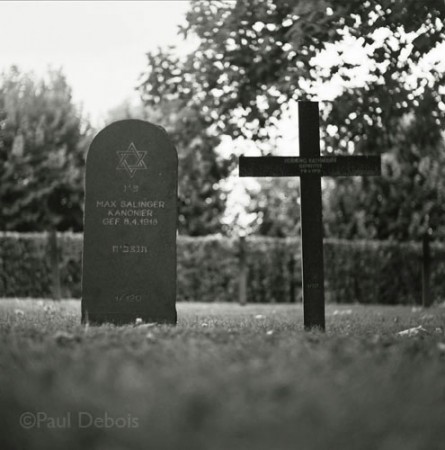

Leave a comment